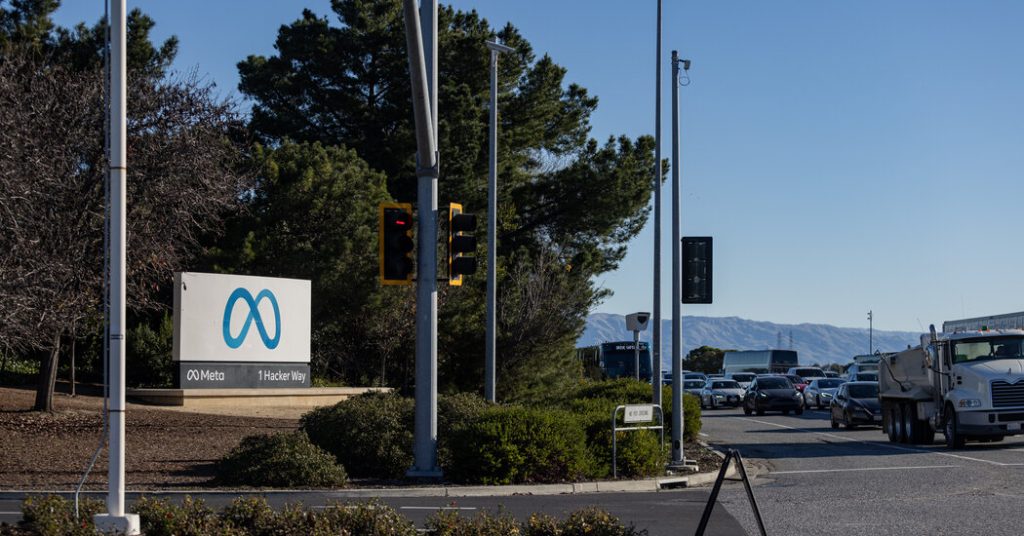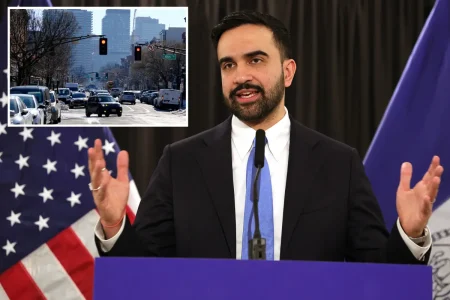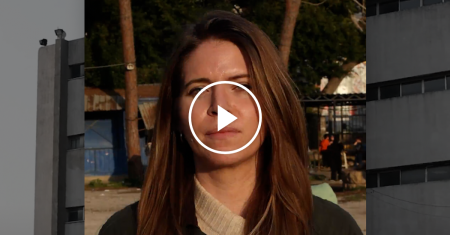Meta’s decision to dismantle its existing content moderation infrastructure and replace it with a crowdsourced fact-checking system called Community Notes represents a significant shift in the social media giant’s approach to combating misinformation. This move, mirroring a similar strategy employed by X (formerly Twitter), effectively transfers the responsibility of identifying and correcting false or misleading content from trained professionals and sophisticated algorithms to everyday users. While Meta CEO Mark Zuckerberg frames this change as empowering the community, critics express serious concerns about its efficacy and potential to exacerbate the spread of misinformation on the platform. Experts predict this user-led approach will be a “spectacular failure,” leaving the platform awash in inaccurate and potentially harmful content without any central authority to ensure accuracy and fairness.
The shift away from professional fact-checking marks a stark departure from the post-2016 election era, when social media platforms faced intense scrutiny for their role in disseminating fake news. In response to public outcry and internal reflection, companies like Meta invested heavily in content moderation, partnering with third-party fact-checkers, developing algorithms to flag and restrict harmful content, and deploying warning labels to alert users to potentially false information. These efforts, while not without their limitations, demonstrably reduced the spread and belief in misinformation. Research indicates that fact-checker labels, for instance, effectively decreased both belief in and sharing of false content, although their impact was less pronounced among conservative users. However, these interventions also made platforms, and Zuckerberg in particular, targets of political criticism, with accusations of censorship arising from those who felt their speech was being unfairly restricted.
The current political climate, however, presents a different landscape. With a potential return of Donald Trump to the White House and increased scrutiny from regulatory bodies, Zuckerberg appears to be prioritizing a rapprochement with conservative voices. This strategic shift is evident in his interactions with Trump, including a dinner at Mar-a-Lago, the appointment of a Trump ally to Meta’s board, and a substantial donation to Trump’s inauguration fund. Zuckerberg cites a perceived cultural shift towards prioritizing free speech as justification for the moderation changes, suggesting that the political pendulum has swung back towards a less interventionist approach to online content.
The model for Meta’s Community Notes program is X’s crowdsourced fact-checking system, championed by Elon Musk. This system allows registered users to submit notes challenging the veracity of posts, providing corrections or additional context. These notes are initially visible only to other Community Notes users, and only after receiving sufficient endorsements from other users are they appended to the original post for public view. Proponents of this model argue that it democratizes fact-checking, empowering users to hold each other accountable. Critics, however, point out that it effectively outsources a complex and nuanced task to an untrained and potentially biased volunteer workforce, effectively absolving the platform of responsibility and cost. This raises concerns about the accuracy and impartiality of the fact-checks, especially on politically divisive topics.
While studies indicate that Community Notes can be effective in debunking some types of misinformation, particularly on subjects with broad scientific consensus like Covid-19 vaccines, its effectiveness diminishes significantly when applied to politically charged issues. The requirement for consensus among users with diverse viewpoints often leads to an impasse, leaving misleading posts on contentious subjects unchallenged. MediaWise research reveals that less than 10% of drafted Community Notes are ultimately published, and this figure drops even lower for sensitive topics like immigration and abortion. Furthermore, the time lag between a post’s publication and the potential appearance of a Community Note, often several days, allows misinformation to spread rapidly before any corrective action is taken.
Meta’s abandonment of its previous content moderation strategies raises serious concerns among researchers who point to the proven effectiveness of those interventions, despite their limitations. Studies demonstrate that warning labels, for example, significantly reduced both belief in and sharing of false content. Even among right-wing users, who expressed greater distrust of fact-checks, the interventions still demonstrated a measurable positive impact. Experts emphasize the importance of multiple layers of intervention to combat the spread of misinformation, cautioning that a solely community-based approach is insufficient. While crowdsourced fact-checking can play a role, it should be integrated into a comprehensive strategy that includes professional fact-checking, algorithmic detection, and clear platform policies. Meta’s decision to rely solely on Community Notes, effectively removing other safeguards, represents a risky gamble that could significantly amplify the spread of misinformation and further erode trust in the platform.









